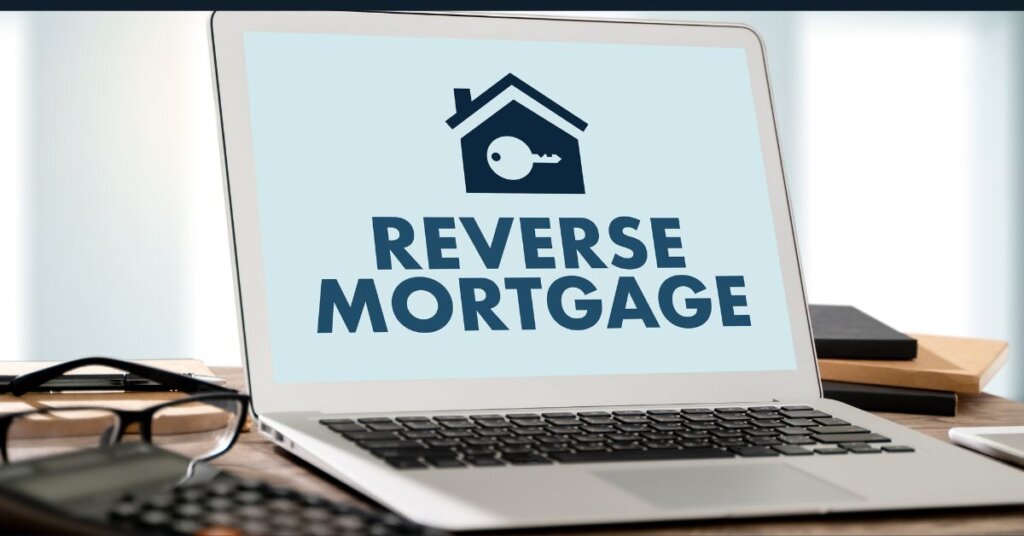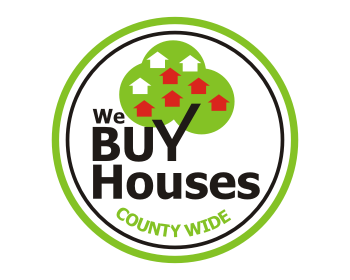
A reverse mortgage is a loan that lets you tap into your home’s equity without having to sell it or make monthly payments. It’s mostly for older homeowners, usually 62 and up, who may need extra cash for retirement or unexpected expenses. Instead of paying the loan back monthly, the balance is paid off when you sell the house, move out permanently, or pass away. Sounds simple, but there’s a lot to consider before jumping in. Let’s dive in to explore what Reverse Mortgage is and how it impact a property sale.
How Reverse Mortgages Work
Here’s how a this mortgage works. You borrow money against the equity in your home, but you don’t have to make monthly payments like you would with a regular loan. The loan balance grows over time as interest and fees get added on. It’s repaid later when you sell the home, move out, or after your passing.
You can choose how to get the money. Some people like a lump sum; others prefer monthly payments. You could even set up a line of credit that you draw from when needed. Whatever fits your needs best. Oh, and you still own your home, but you gotta keep up with property taxes, insurance, and basic upkeep. Ignore these, and you could be in trouble with the lender.
Different Types of Reverse Mortgages
There are different forms of mrotgage a person can opt for. But since, we are taking about elderly options here are some considerable options other than reverse morgage.
Home Equity Conversion Mortgage (HECM)
This is the most common kind and is insured by the Federal Housing Administration (FHA). You have to meet with a HUD-approved counselor before getting one. Why? To make sure you understand the deal. It’s got flexible options for payments, and it’s popular for a reason.
Proprietary Mortgages
These are private loans, not backed by the government. They’re a better fit if your home is worth a lot. Some even let people as young as 55 apply. You can usually borrow more with these, but they don’t have the same protections as HECMs.
Single-Purpose Mortgages
These are the least expensive option, but there’s a catch. They’re only for specific things, like paying for home repairs or covering property taxes. Local governments or nonprofits usually offer them, and the rules can vary.
Who Qualifies for a Reverse Mortgage?

The rules are pretty straightforward. First off, you gotta be at least 62 years old for most reverse mortgages. Your home also needs to be your primary residence. No vacation homes or rentals here.
You also need to have some serious equity in your home. Ideally, you’ve either paid off your mortgage on house or you’re close. If there’s still a balance, it’ll have to be paid off at closing, probably with funds from the reverse mortgage itself.
And not every home qualifies. Single-family homes? Yes. FHA-approved condos? Also yes. But mobile homes and co-ops? Not so much.
How Much Does a Reverse Mortgage Cost?
Like most loans, reverse mortgages aren’t free. There are fees, and some of them can be steep. There’s an origination fee for starters. Lenders charge this to process your loan. Then there’s mortgage insurance, especially for HECMs, which protects both you and the lender. Add on servicing fees, appraisal fees, and other closing costs, and it can add up.
The thing is, these costs are usually added to the loan balance. So, you’re not shelling out cash upfront, but it does mean you’ll owe more down the line.
Why Get a Reverse Mortgage?
A reverse mortgage can be a game-changer for some. It’s a way to stay in your home while getting the cash you need. Maybe you’re retired and need extra income, or maybe there’s a big expense you didn’t see coming, like medical bills or home repairs.
You don’t have to worry about monthly loan payments, which can ease the financial strain. Plus, the money you get isn’t taxed, which is a big bonus.
But it’s not just about the money. For many, it’s about staying in a place they’ve called home for years. A reverse mortgage lets you do that while still accessing the value tied up in your house.
Drawbacks to Keep in Mind
It’s not all sunshine and rainbows, though. For one, the loan balance grows over time because of the interest and fees. That means there’s less equity left for your heirs. If leaving the house to family is important to you, a reverse mortgage might not be the best choice.
Also, there’s a risk of foreclosure if you don’t keep up with property taxes, insurance, or home maintenance. And while most lenders play fair, there are still some out there who might pressure you into a deal that isn’t great.
Other Ways to Manage Home Equity
If a reverse mortgage doesn’t seem like the right fit for you, there are still other ways to address financial needs using your home equity. Each option comes with its own pros and cons, so it’s important to think about what aligns with your goals and situation.
Rent Out a Portion of Your Home
If you have extra space, renting out a room or part of your house could provide steady income. This option allows you to keep ownership of your home while using it to generate cash flow. Of course, it requires you to be comfortable with having tenants and managing rental agreements.
Downsize Without Selling
Another option is to rent out your current property and move to a smaller, less expensive home. The rental income could cover the costs of your new living arrangements while letting you retain ownership of your original property.
Seek Government Assistance Programs
Depending on where you live, there may be local or federal programs designed to help homeowners. These could include tax relief programs, grants for seniors, or loans tailored to specific needs like home repairs or medical bills. These options often come with fewer costs than borrowing against your equity.
Consider Family Support

Sometimes, discussing financial struggles with family members can lead to a solution. Perhaps your heirs would prefer to help you now instead of inheriting a home later with a reverse mortgage attached. This could be through direct financial aid or by co-owning the property.
Leverage Retirement Funds or Investments
If you have savings or investments set aside, you might want to explore whether they can help bridge your financial gap. This route avoids involving your home entirely, though it may impact your retirement plans.
Is a Reverse Mortgage Right for You?
A reverse mortgage isn’t for everyone, but it can be a good option for some. If you’re planning to stay in your home long-term and need extra cash, it might be worth exploring. On the flip side, if leaving the house to your heirs is important, or if you’re worried about the costs adding up, you might want to think twice.
Take your time, do your research, and talk to a counselor or financial advisor. This isn’t a decision to rush into.
The Bottom Line
A reverse mortgage can offer financial freedom for homeowners who need it most, but it’s not a one-size-fits-all solution. Understanding the costs, benefits, and risks is crucial. If you’re exploring your options, don’t hesitate to reach out to experts like those at We Buy Houses County Wide. They’ve been helping homeowners navigate tough decisions for years and can provide the guidance you need.

Kevin J Roberts
Licensed Real Estate Broker & Investor
Kevin Roberts is a seasoned real estate expert with 40+ years of experience, excelling
in property investments, sales, and client satisfaction in the State of California.
FAQs
1. What is a reverse mortgage?
It’s a loan that lets you use your home equity without selling or making monthly payments.
2. Can I qualify with an existing mortgage on homes ?
Yes, but the loan proceeds must first pay off the balance on your mortgage on house .
3. Are reverse mortgage payments taxable?
No, they’re not considered income and aren’t taxed.
4. What happens to my home when I pass away?
Your heirs can pay off the loan to keep the house or sell it to settle the balance.
5. What types of homes are eligible?
Single-family homes, FHA-approved condos, and some multi-unit properties are eligible. Mobile homes and co-ops usually aren’t.

